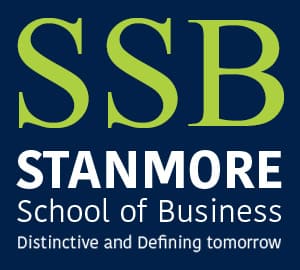Course details
Loading...
Generating course details...
• Data Engineering Fundamentals: This unit covers the basics of data engineering, including data storage, processing, and management. It introduces students to the key concepts and technologies used in data engineering, such as data warehousing, ETL (Extract, Transform, Load), and data pipelines.
• Data Storage and Management: This unit delves deeper into data storage and management, covering topics such as data modeling, data governance, and data quality. Students learn about the different types of data storage solutions, including relational databases, NoSQL databases, and cloud storage.
• Data Processing and Pipelines: In this unit, students learn about data processing and pipelines, including data ingestion, processing, and delivery. They cover topics such as data streaming, batch processing, and data integration, as well as popular data processing frameworks like Apache Beam and Apache Spark.
• Data Engineering Tools and Technologies: This unit introduces students to the various tools and technologies used in data engineering, including data integration tools like Apache NiFi and Talend, data quality tools like Trifacta and Talend, and data governance tools like Collibra and Informatica.
• Data Engineering in the Cloud: This unit covers the basics of data engineering in the cloud, including cloud-based data storage, processing, and management. Students learn about cloud-based data platforms like Amazon Redshift, Google BigQuery, and Azure Synapse Analytics, as well as cloud-based data integration and processing tools like AWS Glue and Azure Data Factory.
• Data Engineering for Business Intelligence: In this unit, students learn about data engineering for business intelligence, including data warehousing, data marting, and data visualization. They cover topics such as data modeling, data governance, and data quality, as well as popular business intelligence tools like Tableau and Power BI.
• Data Engineering for Machine Learning: This unit introduces students to data engineering for machine learning, including data preparation, feature engineering, and model deployment. Students learn about popular machine learning frameworks like TensorFlow and PyTorch, as well as data engineering tools like Apache Spark MLlib and H2O.
• Data Engineering for Real-Time Analytics: In this unit, students learn about data engineering for real-time analytics, including data streaming, event-driven processing, and real-time data integration. They cover topics such as Apache Kafka, Apache Flink, and Apache Storm, as well as popular real-time analytics tools like Google Cloud Pub/Sub and Amazon Kinesis.
• Data Engineering for Data Science: This unit covers the basics of data engineering for data science, including data preparation, data visualization, and data storytelling. Students learn about popular data science tools like Jupyter Notebook, RStudio, and Python, as well as data engineering tools like Apache Spark and Hadoop.
• Data Engineering Best Practices: In this final unit, students learn about data engineering best practices, including data governance, data quality, and data security. They cover topics such as data architecture, data modeling, and data integration, as well as popular data engineering frameworks like Microservices and Service-Oriented Architecture (SOA).

